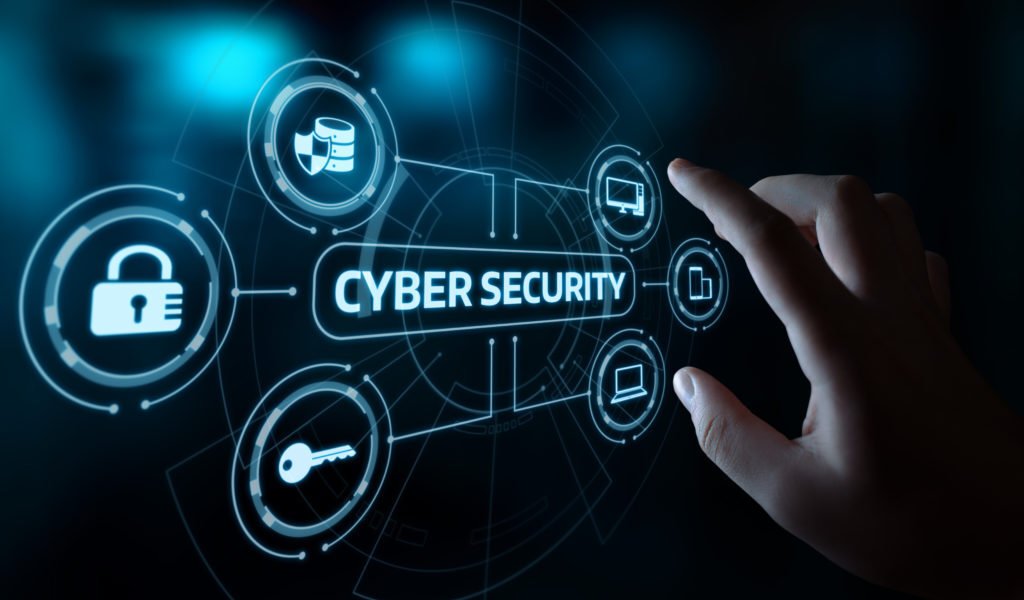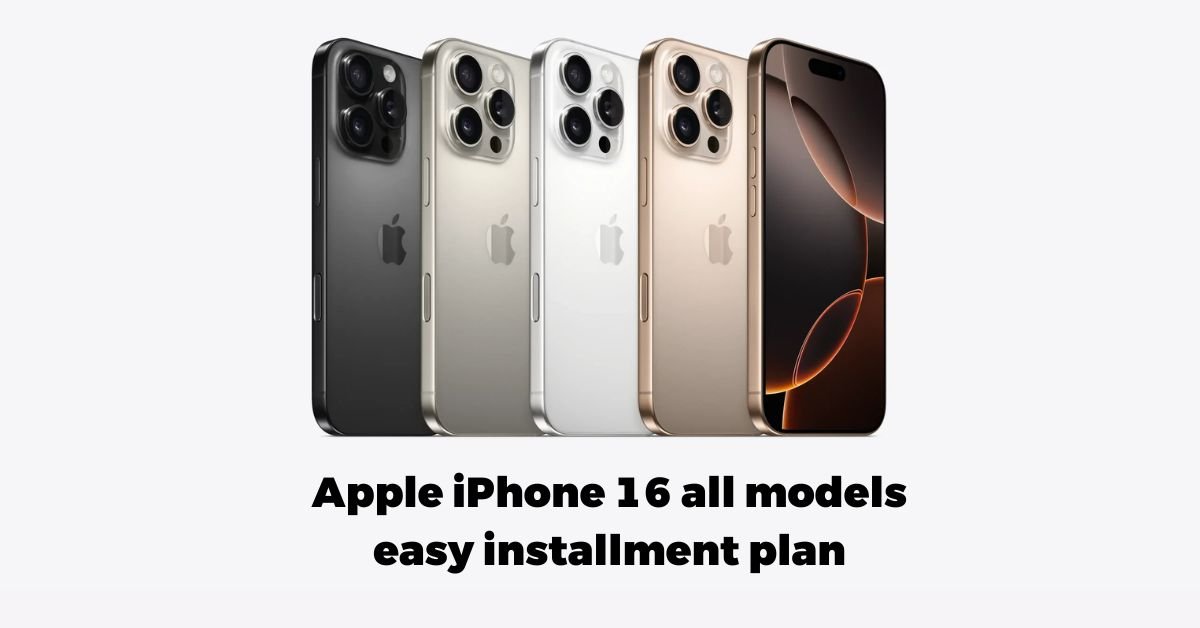Keeping personal data secure has become essential in today’s digital age. Simple steps can go a long way in protecting your personal information from hackers, identity theft, and other risks.
Here are some top cybersecurity tips to help keep your data safe:
1. Use Strong Passwords
A strong password is one of the most basic and important defenses against cyber attacks. Avoid simple or common passwords like “123456” or “password.” Instead, create unique passwords that are at least 12 characters long, mixing uppercase and lowercase letters, numbers, and special symbols. Avoid reusing passwords across multiple accounts.
2. Enable Two-Factor Authentication (2FA)
Two-factor authentication (2FA) adds an extra layer of security to your accounts. With 2FA enabled, you’ll receive a code on your phone or email every time you try to log in. This makes it much harder for hackers to access your account, even if they have your password.
3. Beware of Phishing Scams
Phishing scams are fraudulent attempts to steal your information by tricking you into clicking on a malicious link. Avoid opening suspicious emails or messages, especially those that ask for sensitive information. Look out for signs like spelling errors, unfamiliar email addresses, and links that seem suspicious.
4. Update Software Regularly
Outdated software can have security weaknesses that hackers can exploit. Make sure your computer, phone, and other devices are running the latest software versions. This includes updating your operating system, browsers, and apps regularly. Most devices offer automatic updates, so consider enabling them.
5. Use a Virtual Private Network (VPN)
A VPN encrypts your internet connection, making it much harder for anyone to intercept your data. This is especially useful when using public Wi-Fi, which is often less secure. A VPN helps protect your browsing activity, location, and personal information from hackers.
6. Back Up Your Data
Regularly back up your data to a secure location, such as an external hard drive or cloud storage service. This is crucial in case your device is hacked or infected by malware, as backups allow you to quickly recover your important files without the risk of data loss.
7. Install Security Software
Security software, such as antivirus and anti-malware programs, adds an extra layer of defense against cyber attacks. These tools scan for and remove harmful files from your devices, helping to prevent unauthorized access.
Read more: Apple iPhone 16, Plus, Pro Max, installment plan in Pakistan for November 2024















